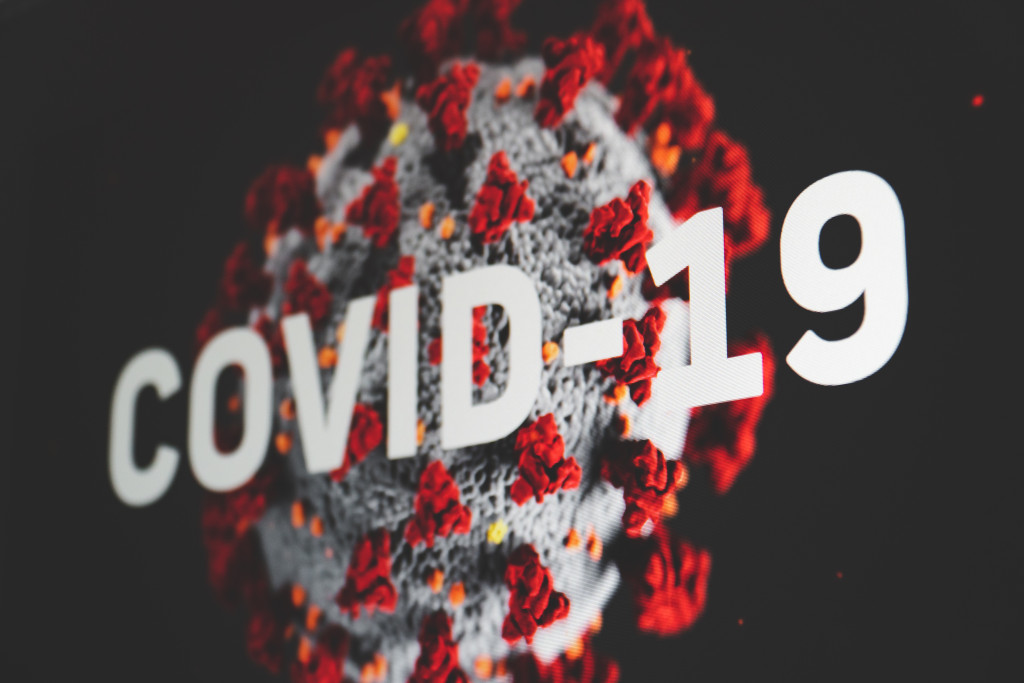It’s hard not to be rattled when faced with such an existential threat as the virus. It’s like you’re facing a deadly assassin hunting you down. All the more, these fears gained ground when dead bodies all over America started piling up. Who wouldn’t be scared, right?
Add to the uncertainty the millions of people who lost their jobs, and waking up each morning seems a miracle.
With no end in sight, mental well-being for millions of Americans became scarcer and scarcer. True enough, the health risk associated with the virus has sparked a new raging problem that comes from the inside: mental health. For one, increased substance abuse, elevated suicidal thoughts became more rampant than ever, CDC reports. As early as June 2020, as many as 40% of American adults reported struggling with such issues.
Fortunately, experts point out your nutrition can have a positive effect on your mental fitness. In particular, eating the right kind of food can give you a distinct advantage to overcome possible mental health issues. So you can sail through the pandemic with flying colours.
Relationship Between Nutrition and Mental Health
Right from the get-go, know eating well is a necessity in life. It gives you and your body many benefits that you can’t afford to miss out on.
But what exactly does it mean to eat well? Simply put, it means having a balanced diet with all the essential nutrients your body needs. For instance, ensuring that you have enough fruits and veggies in your diet is one way to stay healthy physically and mentally.
So what’s the correlation between mental health and nutrition? Well, to boot, such a relationship is quite a complex one. But recent search shows a direct link between the food you eat and how you feel or what’s called your mood.
Indeed, nutrition affects the brain. Some foods help stimulate the brain to feel good. Thus, making you feel better. A good example here is the Mediterranean-style diet. A cornucopia of seafood and all sorts of vegetables, the diet has proven to reduce symptoms of depression.
But as good food can boost your mental health, the bad ones can also derail it. Of these mood-altering food groups, there are two that stands out:
- Foods that sabotage the conversion of other foods into nutrients: saturated fat (e.g., lard, palm oil, butter)
- Tricky foods that induce the brain to release mood-altering chemicals: chocolate, coffee
As you can see, it is crucial to be mindful of what goes into your mouth. A good meal can make you feel ten times better. But the wrong food can make you feel a lot more exhausted and drained.

Improving Nutrition
You may not realize it, but one thing that this pandemic has encouraged is a sedentary lifestyle. Couple that with the tendency to eat junk, and you have a dangerous habit in the making.
Many people don’t want to go to the grocery to get fresh food items. So instead, people order food. For those that even have food items at home, many don’t have the motivation to cook a proper meal. With this, many haven’t been eating well. Needless to say, this can negatively impact mental health as well.
The first tip is ensuring you eat regularly. It is important to replenish your blood sugar level constantly. When your sugar level is low, you get irritated easily, feel tired and even feel depressed. You can up your sugar level with healthy snacks. Opt for slow energy release foods like oats, pasta, whole grain bread, and nuts and seeds.
Next, ensure that you are well-hydrated. Take as much water as you can daily. Recommended intake is about eight glasses of water a day. If you get tired of plain water, you can add some lemon to the water for taste. Being well-hydrated will make it easy for you to think clearly and concentrate a lot better.
Also, don’t miss out on vegetables and fruits. These contain a lot of key vitamins and minerals that will help your body and your mind. As much a possible, opt for coloured vegetables and fruits every day. In time, you will see the difference in your skin and body.
If you feel you can’t create a balanced diet on your own, then seek help. Connecting with a nutritional therapy professional to help out should bid you well. Such an expert will seek to know your lifestyle and dietary choices to come up with a holistic approach to your physical and mental well-being.
Moreover, avoid caffeine as much as you can. This means you have to reduce the consumption of coffee, tea, energy drinks, and cola. Caffeine will cause an energy surge but will later make you anxious. Worse, it could disrupt your sleep.
Also, choose healthy fat and ditch trans-fat and partially hydrogenated oils. Healthy fats like omega 3 and omega 6 are beneficial to the body. And you can get them in oily fish, olive oil, seeds and nuts, poultry, avocados, and many more.
It may seem like a lot. But everything worth knowing will have to be given effort. What’s important is you keep your physical and mental health in tiptop shape to enjoy your years as you should.
